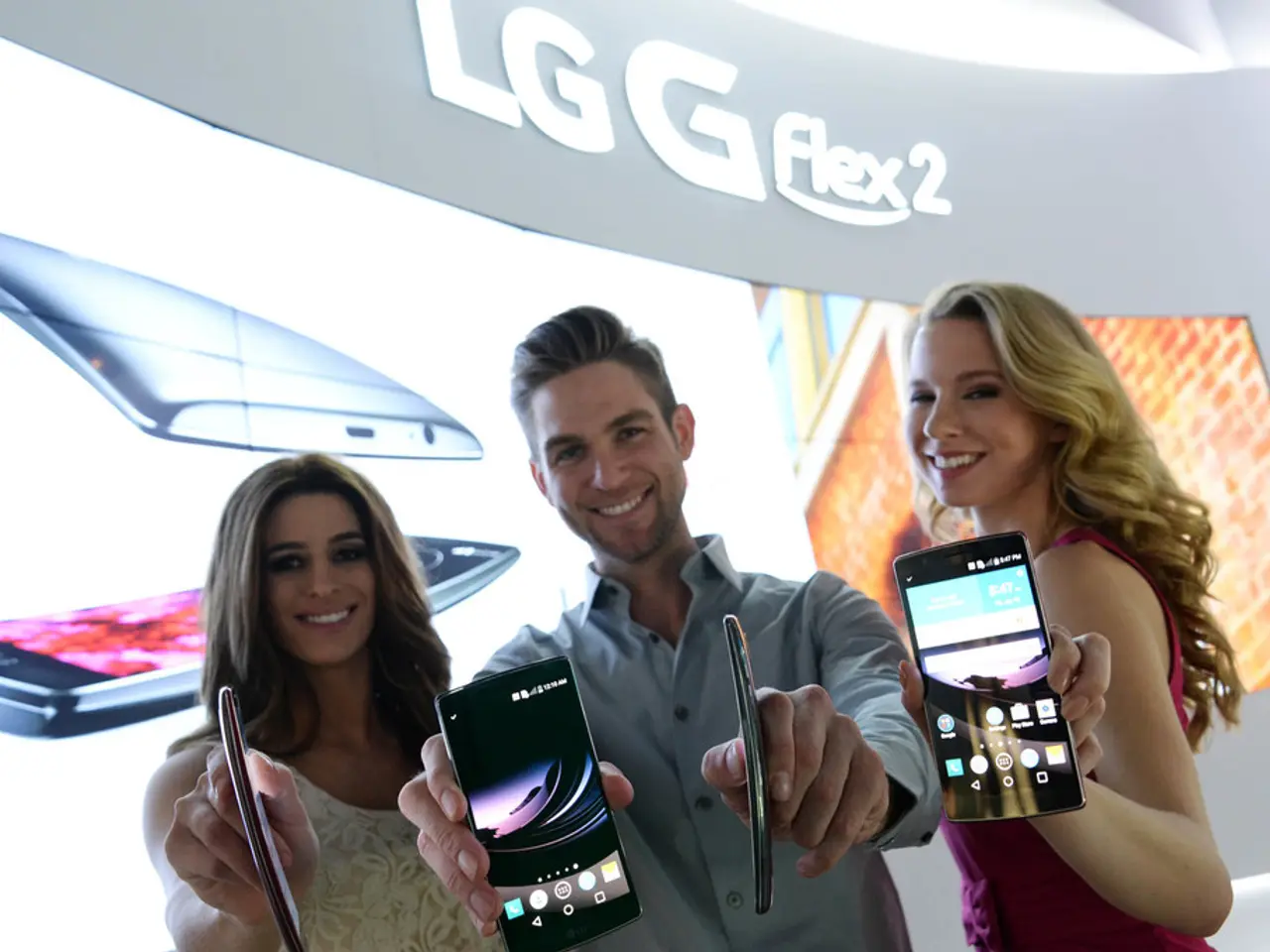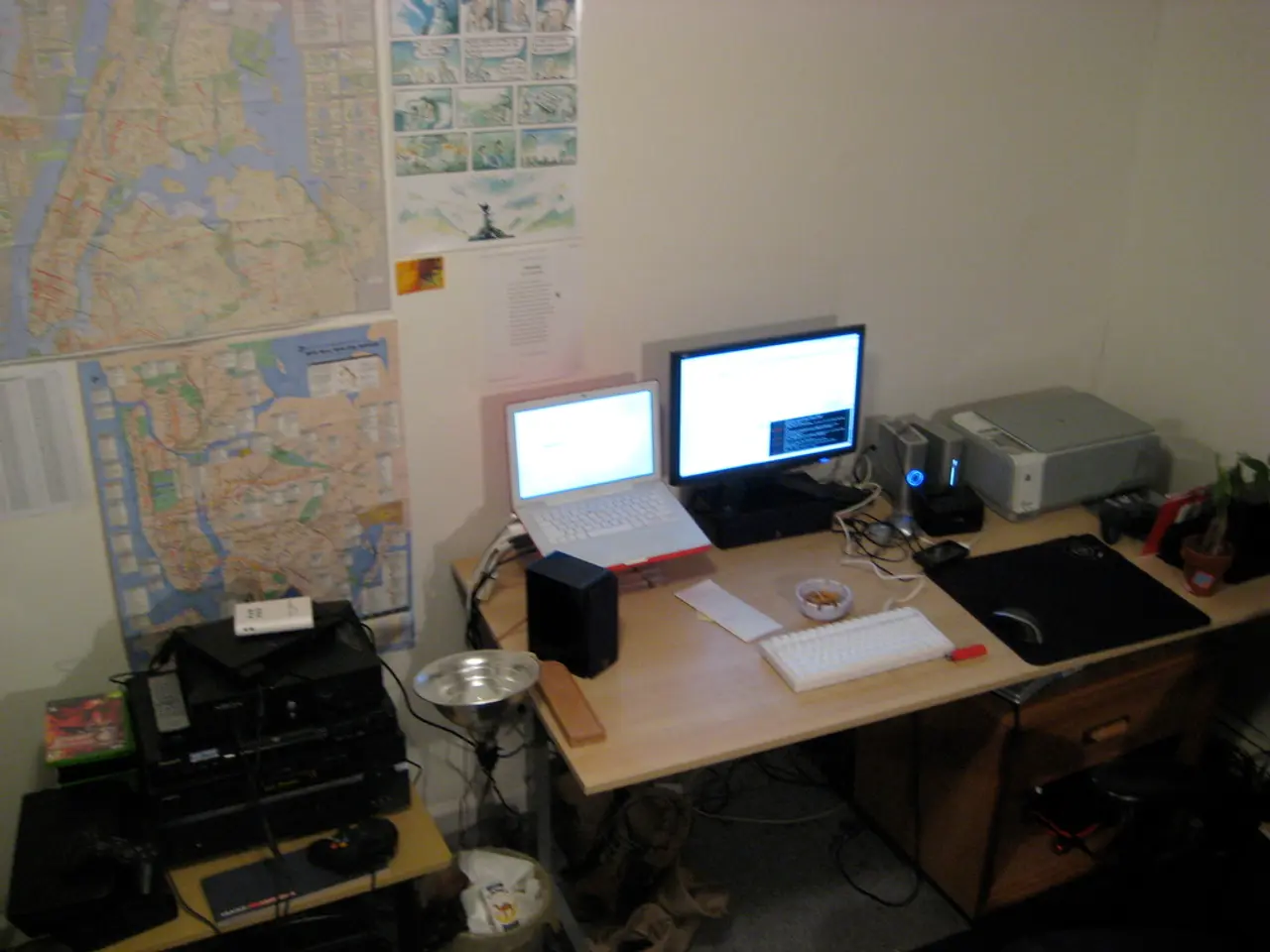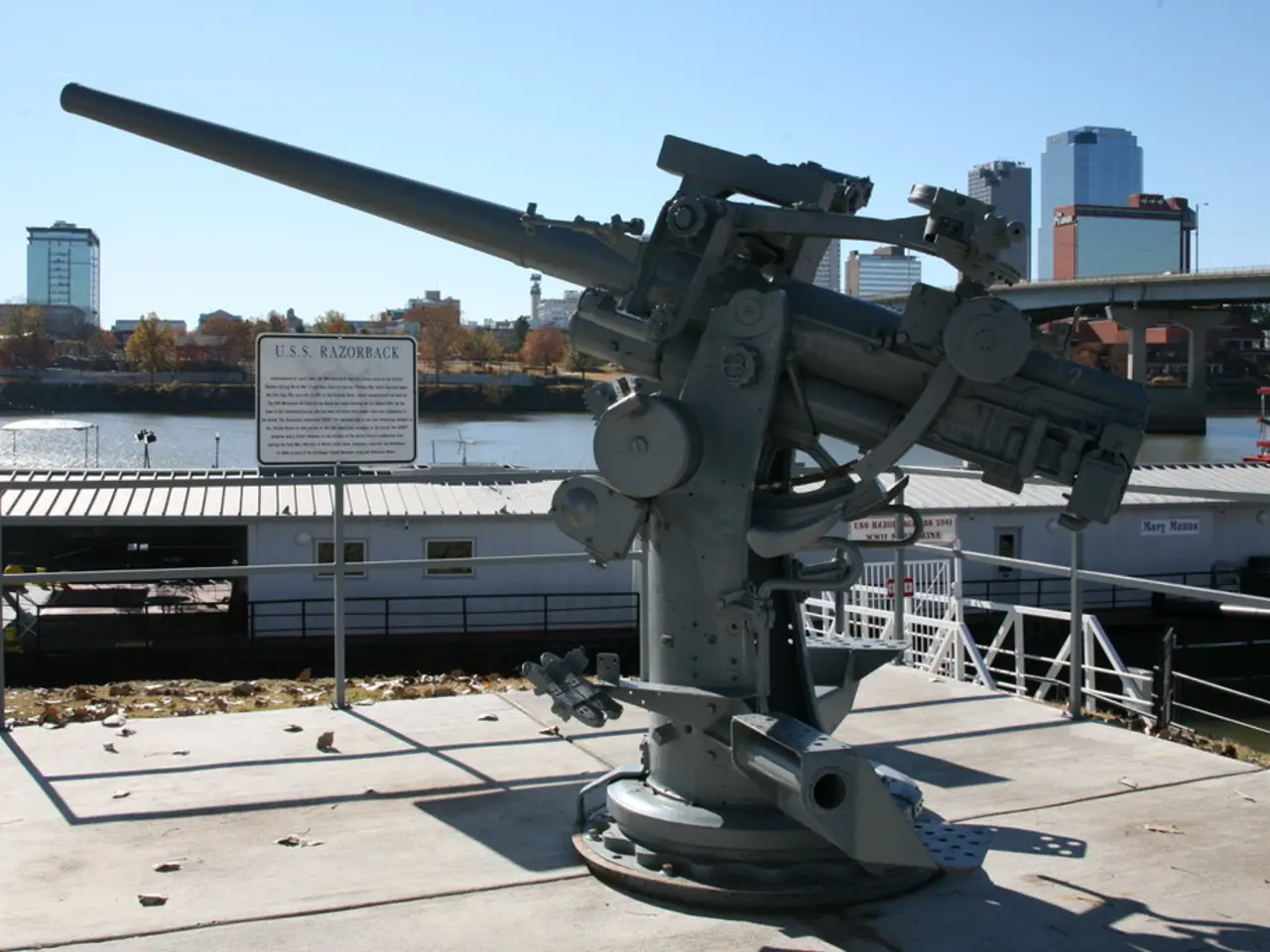Immediately halts operations: subsidiary of Volkswagen
Volkswagen subsidiary Moia, which has been operating electric shared taxis in Hannover since 2018, has announced the cessation of its ridesharing operations in the city as part of a strategic realignment [1]. The company plans to shift its focus towards becoming a technology and system provider for autonomous mobility solutions, with Hamburg serving as the primary location for development and testing of these offerings [1].
The decision to discontinue operations in Hannover was made due to a strategic realignment, with Volkswagen no longer intending to operate Moia as a ride service and instead focusing on autonomous mobility solutions [1]. As a result, Moia will not apply for a new concession for the service in Hannover [1].
The discontinuation of the Hannover fleet, which had recently become fully electric, took effect on July 18, 2025, affecting around ten employees [1]. Almost all Moia employees in Hannover have accepted a voluntary severance offer [1].
Moia's autonomous mobility future involves experimenting with electric autonomous shuttles based on the VW ID.Buzz, particularly in Hamburg where testing continues [1]. However, the vehicles formerly used in Hannover were not autonomous and equipped only with a driver, which has raised doubts about Moia's timeline and strategic viability despite the recent unveiling of a robotaxi model at a major summit [2][3]. Critics highlight that Moia does not develop its own core self-driving technology, posing challenges to their autonomous mobility ambitions [2][3].
In addition to Hamburg and Berlin, Switzerland is also a focus for Moia [1]. The Berlin Transport Authority has started a pilot project with Moia, with the aim of exploring new concepts in public transport [1]. Volkswagen is also cooperating with partners in Switzerland to export Moia technology [1].
Meanwhile, Volkswagen and Uber have announced plans to build thousands of robo-taxis with the ID. Buzz type in the USA over the next ten years [4]. The first vehicles of this kind are anticipated to hit the streets of Los Angeles this year [4].
In summary:
| Aspect | Details | |---------------------------|----------------------------------------------------------| | Reason for Hannover shutdown | Strategic realignment to focus on autonomous tech | | Hanover operation status | Discontinued ridesharing as of July 18, 2025 | | Future focus | Becoming a technology/system provider for autonomous mobility services | | Testing ground for future tech | Hamburg (with autonomous VW ID.Buzz shuttles) | | Challenges and doubts | No core self-driving tech developed in-house; short-notice shutdowns raise concerns about viability | | Future focus outside Hannover | Berlin, Switzerland, and the development of robo-taxis with Uber in the USA |
Thus, Moia is transitioning away from traditional ridesharing operations in Hannover to concentrate on autonomous mobility technologies, primarily tested and offered in Hamburg [1][2][3]. The company's future focus also includes Berlin, Switzerland, and the development of robo-taxis with Uber in the USA [4].
[1] https://www.volkswagen-newsroom.com/en/press-releases/moia-focuses-on-autonomous-mobility-solutions-1881186 [2] https://www.reuters.com/business/autos-transportation/moias-robo-taxi-plans-face-doubts-as-it-shuts-down-hannover-service-2022-03-15/ [3] https://www.autocar-india.com/international-news/volkswagen-moias-robo-taxi-plans-face-doubts-as-it-shuts-down-hannover-service-2022-03-15 [4] https://www.cnbc.com/2022/05/20/uber-and-volkswagen-to-build-thousands-of-electric-self-driving-robo-taxis-in-us.html
Moia is no longer operating electric shared taxis in Hannover due to a strategic realignment that focuses on becoming a technology and system provider for autonomous mobility solutions [1]. This strategic shift also encompasses future projects in Berlin, Switzerland, and the development of robo-taxis with Uber in the USA [4].
Despite criticisms about their lack of core self-driving technology development, Moia plans to primarily test and offer autonomous mobility solutions in Hamburg, particularly with electric autonomous shuttles based on the VW ID.Buzz [1].




